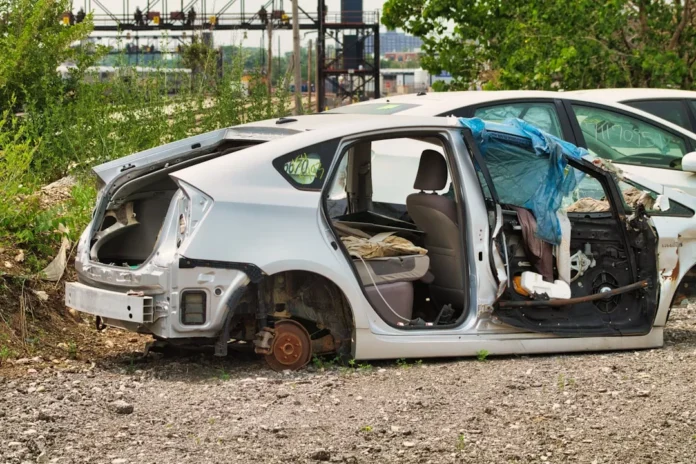Forming journalists is a crucial task in today’s society, as they are the ones responsible for informing the public and shedding light on important issues. In order to become a successful journalist, one must possess not only writing skills, but also the ability to investigate and uncover the truth. This is where workshops on investigative journalism come into play, and one such workshop that has gained much attention is the “‘Ndrangheta stereotypes and reality” organized by Claudio La Camera.
Claudio La Camera, a renowned journalist and author, has been at the forefront of investigative journalism for many years. He has dedicated his career to exposing corruption and organized crime, particularly in his home country of Italy. With his vast experience and knowledge in the field, La Camera has been conducting workshops on investigative journalism, with a specific focus on the ‘Ndrangheta, one of the most powerful and notorious mafia organizations in Italy.
The workshop, which was held recently, aimed to educate and train journalists on how to approach and report on the ‘Ndrangheta. It also aimed to dispel common stereotypes and misconceptions surrounding the mafia organization. The workshop was attended by aspiring journalists, as well as experienced ones, all eager to learn from the best in the field.
One of the main highlights of the workshop was the emphasis on the importance of accurate and unbiased reporting. La Camera stressed the need for journalists to do their own research and not rely solely on information provided by authorities or other sources. He also highlighted the dangers of being too quick to label someone as “indagato” (under investigation) without proper evidence. This is a common mistake made by journalists, which can have serious consequences for both the individual and the credibility of the journalist.
The workshop also delved into the ‘Ndrangheta’s influence in various aspects of society, including politics, business, and even everyday life. Participants were given real-life case studies and were encouraged to think critically and connect the dots in order to uncover the truth. This hands-on approach was highly effective in teaching the participants the skills needed to be a successful investigative journalist.
Another important aspect of the workshop was the focus on the ‘Ndrangheta’s impact on the local community. La Camera took the participants on a tour of the areas affected by the mafia organization, giving them a first-hand look at the reality of the situation. This not only provided valuable insights but also humanized the issue, making it more relatable to the participants and the public.
The workshop also addressed the sensitive topic of the ‘Ndrangheta’s involvement in the sequestro processo (kidnapping for ransom) business. La Camera shared his experiences in investigating such cases and provided tips on how to handle such situations ethically and professionally. This was a particularly important lesson, as journalists have a responsibility to report on such cases without causing further harm to the victims or their families.
Overall, the workshop was a huge success, with participants leaving with a newfound understanding and appreciation for the complexities of investigative journalism. Many participants expressed their gratitude for the opportunity to learn from a seasoned journalist like Claudio La Camera. They also expressed their determination to use their new skills to uncover the truth and bring justice to those affected by the ‘Ndrangheta.
In a world where sensationalism and biased reporting often dominate the media, workshops like these are crucial in shaping the next generation of journalists. They not only equip journalists with the necessary skills but also instill in them the importance of ethical and responsible reporting. Claudio La Camera‘s workshop on ‘Ndrangheta stereotypes and reality has certainly set a positive example and has motivated many to pursue a career in investigative journalism.
In conclusion, the workshop on ‘Ndrangheta stereotypes and reality organized by Claudio La Camera was a resounding success. It not only provided valuable insights into the workings of the mafia organization but also taught important skills and lessons in investigative journalism. Let us hope that more such workshops are organized in the future, as they play a crucial role in forming responsible and ethical journalists.

